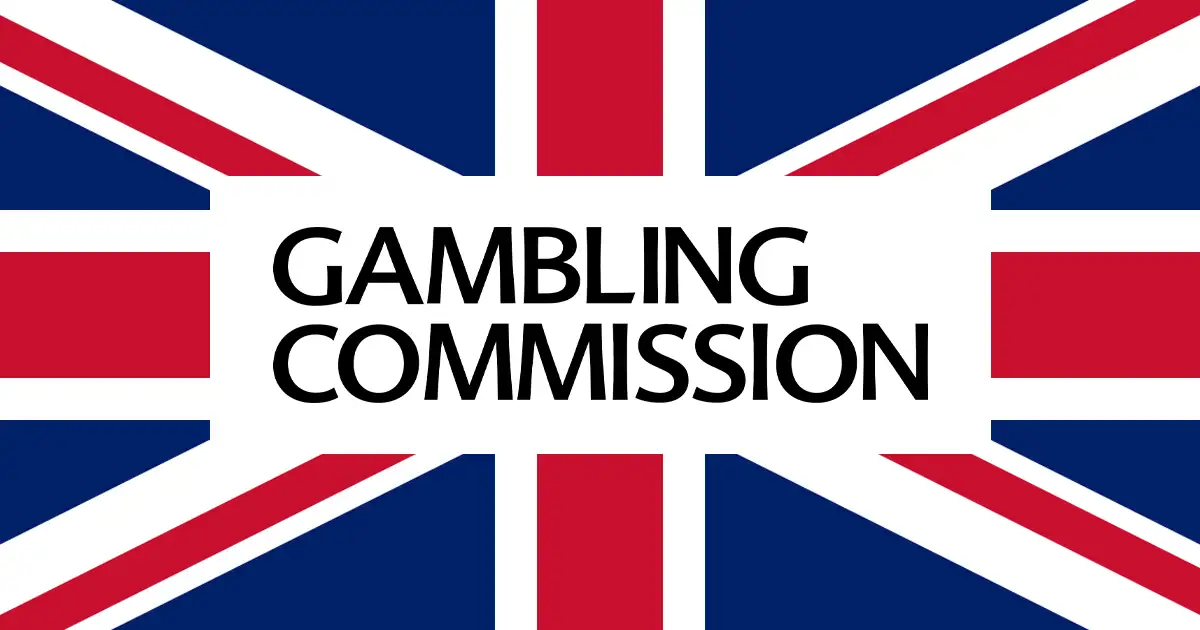UKGC steps up fight against illegal market
The UK Gambling Commission (UKGC) is going on the offensive to combat unregulated gambling activities, with a particular focus on providers that support these operations. The move reflects the regulator’s commitment to ensuring a safe and legal gaming environment, using advanced tools and strict measures to hold non-compliant players accountable.
Zero tolerance for unregulated gambling
Under the leadership of its CEO Andrew Rhodes, the UKGC has reiterated its zero tolerance policy towards companies that support unlicensed operators. Speaking at the International Association of Gaming Advisors (IAGA), Rhodes highlighted that the Commission is implementing sophisticated investigative techniques, including undercover test purchases, to identify and sanction entities involved in unregulated gambling. He also reiterated the importance of cracking down on illegal activities that threaten the integrity of the sector.
“Our investigative methods, including covert test purchases, are effective in uncovering breaches and ensuring compliance.”
The move comes amid a scrutiny of the UKGC’s handling of past incidents, such as the review of Evolution’s licence, where games were offered by unlicensed operators. The Commission’s renewed focus reflects a broader effort to prevent similar breaches.
He reaffirmed the Commission’s unwavering determination to take immediate action against those who undermine the regulated market. Suppliers involved with unlicensed operators face immediate consequences. Rhodes stressed that the UKGC stands ready to act decisively, shutting down suppliers who fail to carry out rigorous checks on their third-party partners.
“The message is clear: make sure your partners comply with the regulations, or risk disruption to your operations.”
Strategic move: Upstream disruption
The UKGC is focusing on upstream disruption, a strategy that involves targeting suppliers and payment service providers to dismantle illegal gambling networks. This approach aligns with European regulatory trends, including measures to tackle illegal football betting and unauthorised cross-border activity.
If gambling suppliers and banks no longer engage with illegal platforms, then they will have nothing to offer players and will be forced to close. Rhodes believes that authorised operators must not tolerate or collaborate with entities that facilitate illegal competition.
“The industry has a responsibility to maintain integrity and ensure compliance throughout the supply chain.”
Regulatory changes and challenges ahead
As part of this intensified enforcement, the UKGC is navigating significant regulatory changes, including the implementation of the statutory tax and the creation of an ombudsman. These developments, combined with debates over the future of the gambling industry, present challenges but also opportunities to create a stronger regulatory framework.
Rhodes cautioned against polarised positions on gambling regulation, calling for balanced discussions that address the fundamental issues. Furthermore, the UKGC’s first study on the black market, expected this spring, underlines the body’s commitment to evidence-based regulation.
Belgium’s fight against illegal gambling
Belgium offers a compelling example of effective measures against illegal gambling. The Gaming Commission (GCC) has put in place tools for licensed operators to report illegal sites directly. This initiative aims to foster collaboration between regulators and industry stakeholders to effectively combat unauthorized platforms.
In addition, the CJH uses advanced technological solutions to monitor and block unauthorized operators. It maintains an up-to-date blacklist of illegal sites that are then blocked directly by Internet Service Providers. This prevents them from being accessed and ensures a safer gaming environment for consumers.
Public awareness campaigns and strict sanctions against offenders complement these efforts, reinforcing Belgium’s firm stance against illegal gaming activities.


